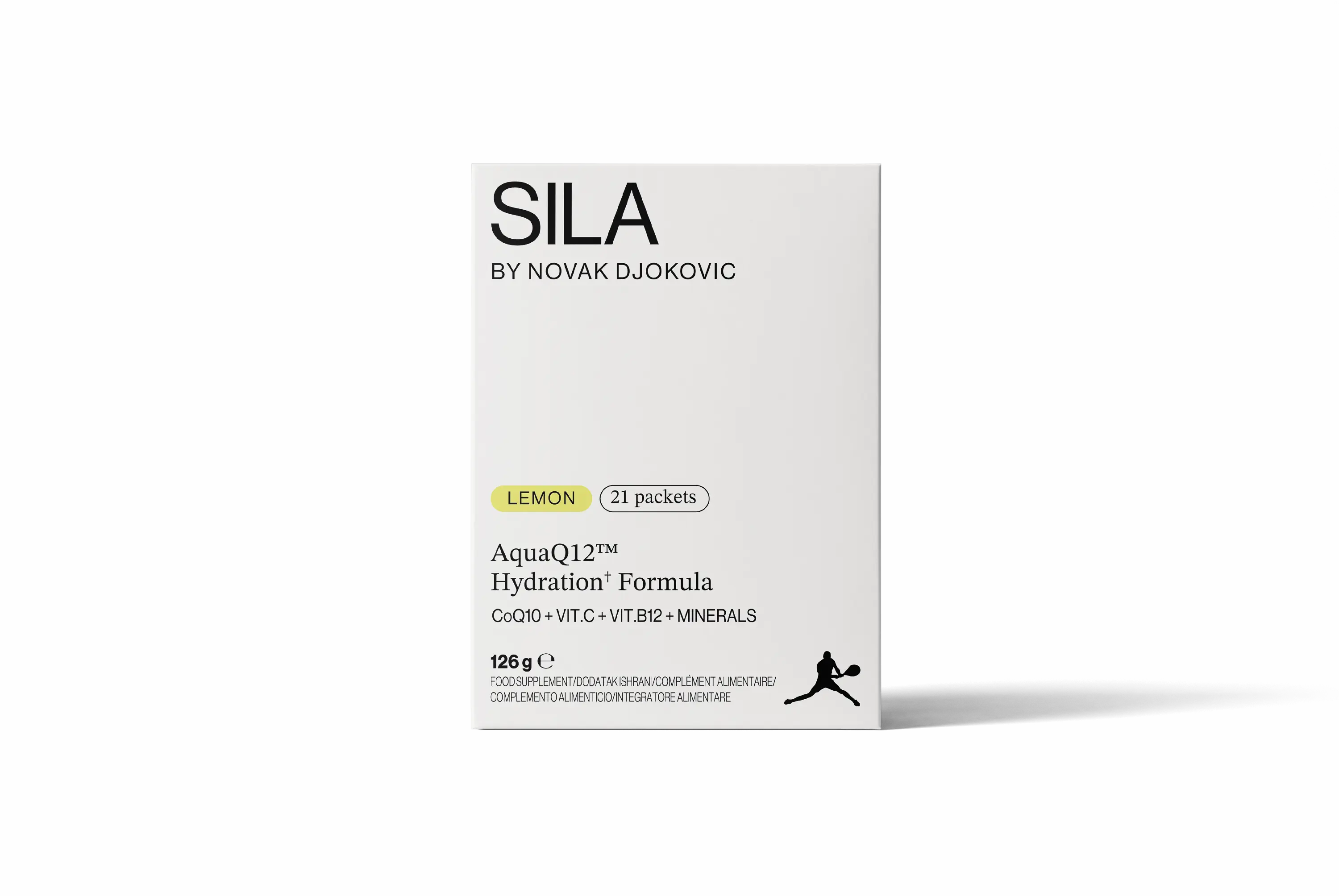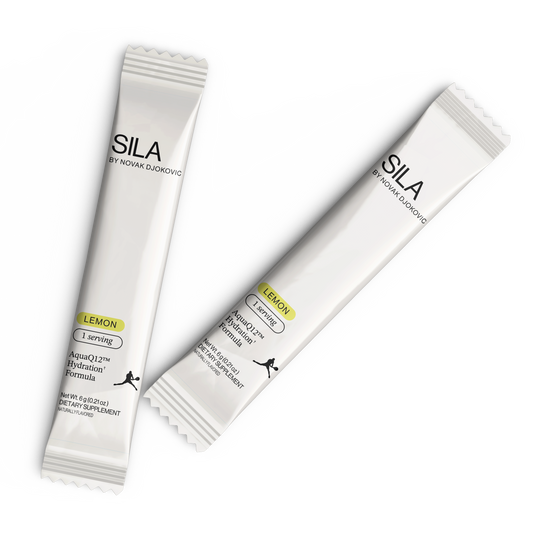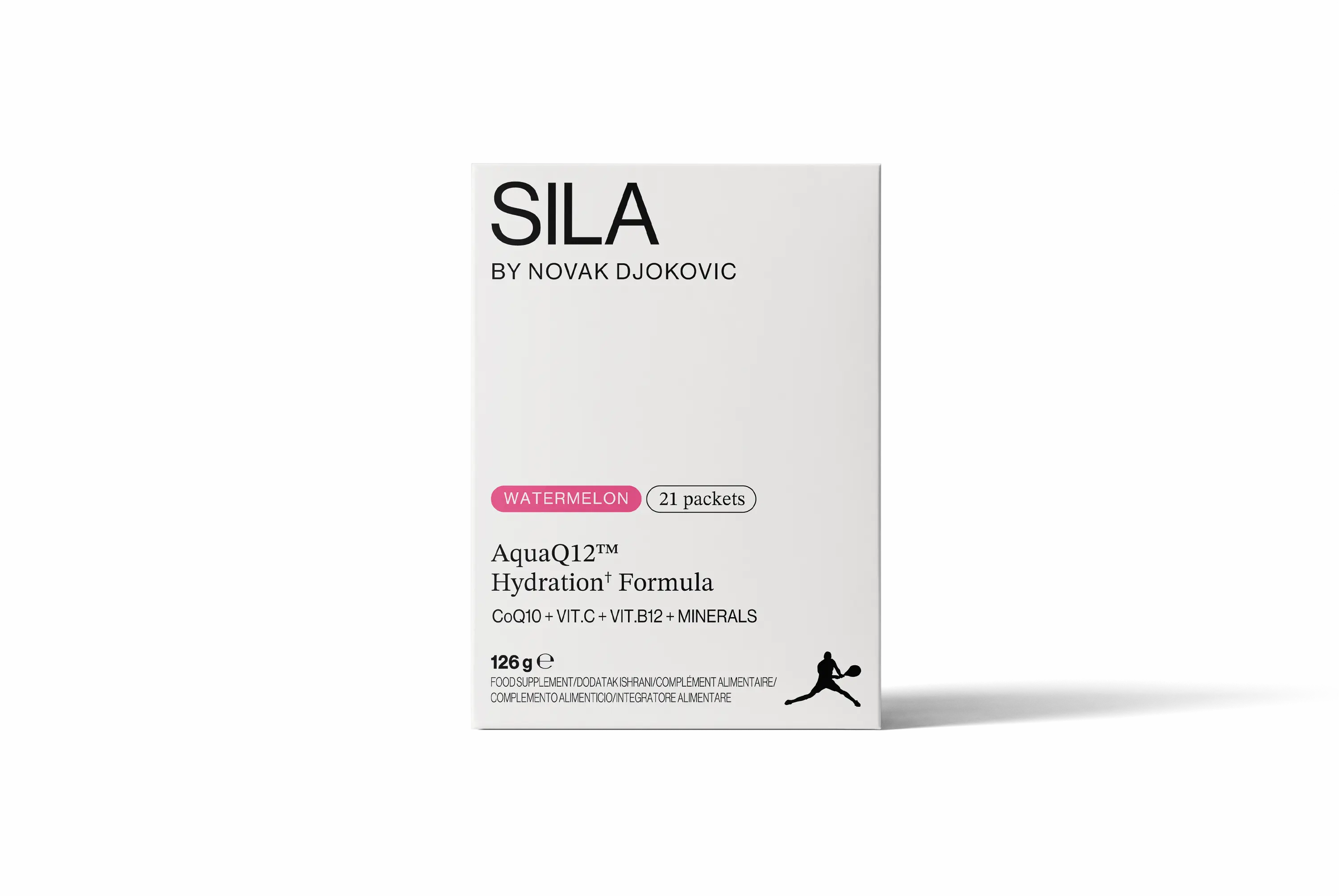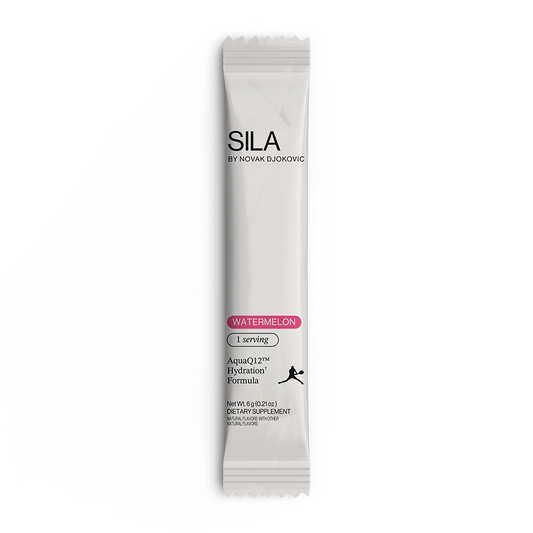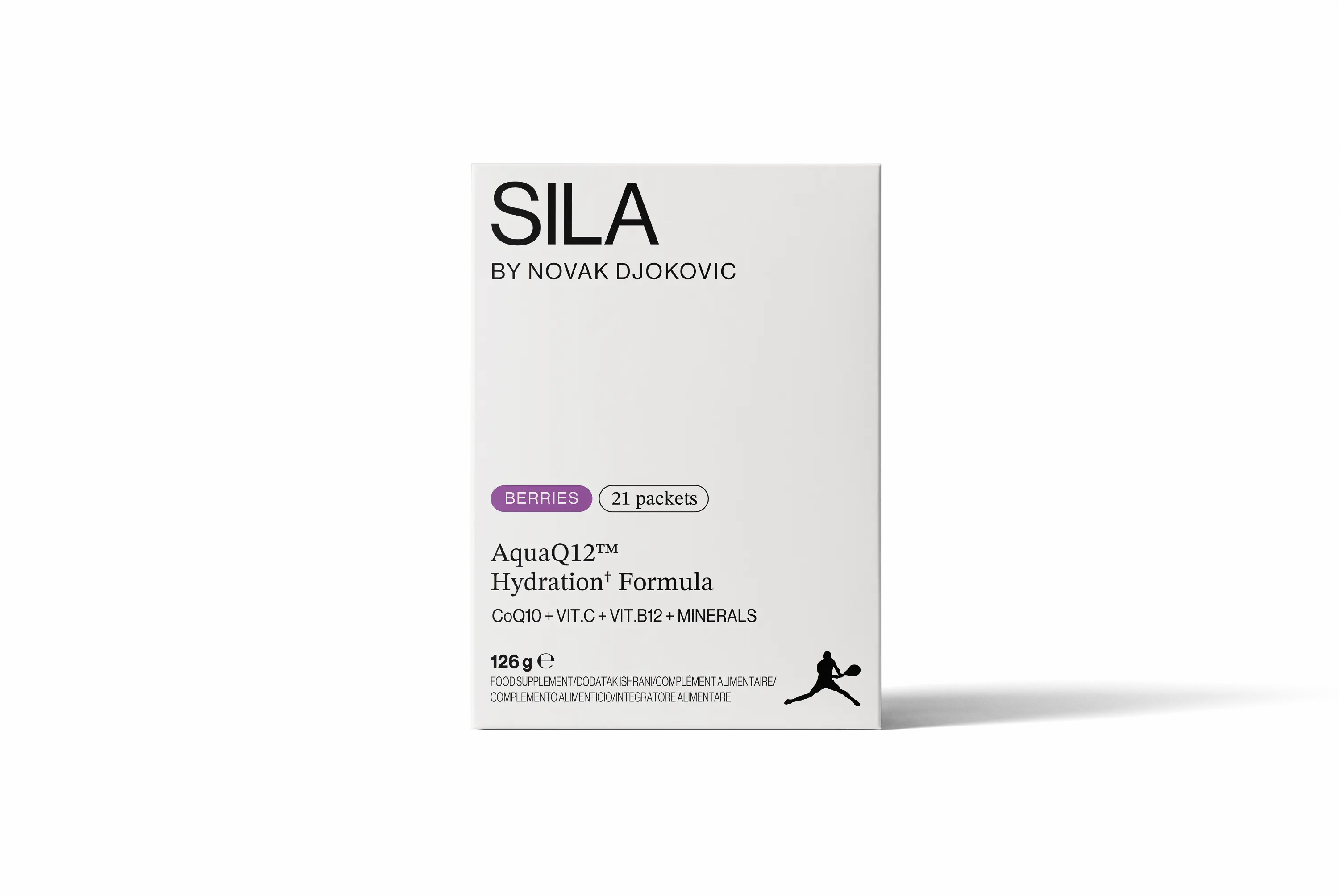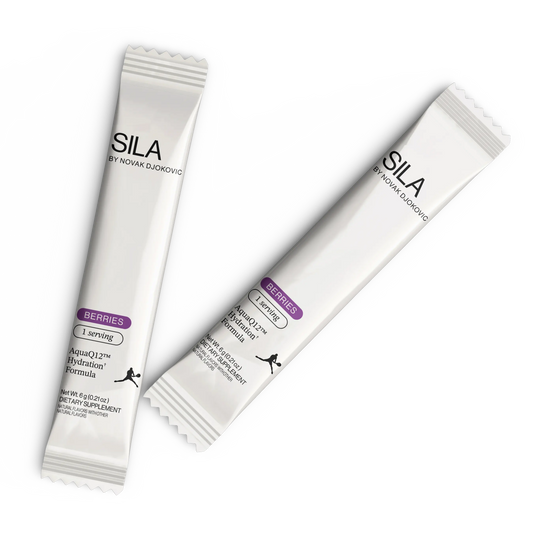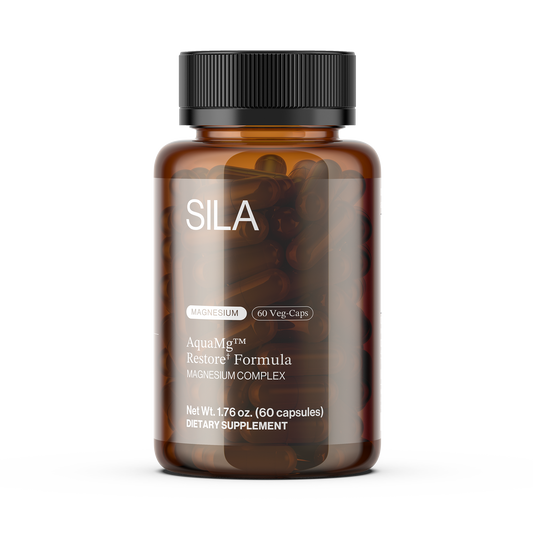In the realm of sports nutrition, Coenzyme Q10 (CoQ10) has emerged as a pivotal supplement, bridging the gap between cellular energy demands and the oxidative stress of intense physical activity. Known for its dual role in mitochondrial energy production and antioxidant defense, CoQ10 offers a scientifically backed solution for enhancing athletic performance and recovery.
Coenzyme Q10 (CoQ10), a lipid-soluble molecule essential for mitochondrial energy production and cellular antioxidant defense, has gained prominence in sports nutrition due to its dual roles in enhancing performance and facilitating recovery. As a key component of the mitochondrial respiratory chain, CoQ10 facilitates ATP synthesis and neutralizes reactive oxygen species (ROS), mitigating oxidative damage. This review synthesizes findings from recent studies to elucidate the benefits of CoQ10 supplementation for athletes and active individuals.
Research highlights include the work of Drobnic et al. (2022), who demonstrated the role of CoQ10 in improving oxidative balance and reducing inflammatory markers in aging athletes through phytosome-based formulations. Similarly, Alf et al. (2013) reported that 300 mg/day of ubiquinol significantly enhanced peak power output in elite Olympic athletes by improving mitochondrial efficiency and muscle energy availability. Fernandes et al. (2023) systematically reviewed studies showing reductions in fatigue markers such as creatine kinase and myoglobin, alongside improved plasma antioxidant activity in athletes supplemented with CoQ10 at doses ranging from 30–300 mg/day. Kon et al. (2008) found that 300 mg/day of CoQ10 reduced exercise-induced muscle damage and oxidative stress in kendo athletes.
Importantly, innovations in CoQ10 delivery, such as nanoparticle and phytosome formulations, have addressed its traditionally low bioavailability. These advancements allow smaller doses, such as 100 mg/day, to achieve comparable effects to higher doses of conventional forms, as shown in studies by Petrangolini et al. (2020). Enhanced absorption of CoQ10 has been linked to increased plasma and muscle levels, offering significant benefits for recovery and performance optimization.
This review concludes that CoQ10 supplementation, particularly in high-bioavailability formulations, is a valuable tool for athletes. By improving mitochondrial function, reducing oxidative stress, and enhancing recovery, CoQ10 provides a scientifically validated means to optimize performance and support active lifestyles. Further research is recommended to establish standardized dosing regimens and evaluate long-term outcomes across diverse athletic populations.
Biochemical and Physiological Role of CoQ10
Coenzyme Q10 (CoQ10), also known as ubiquinone, is a lipid-soluble molecule integral to cellular energy metabolism and antioxidant defense systems. Found primarily within the inner mitochondrial membrane, CoQ10 plays a critical role in the mitochondrial respiratory chain, serving as an electron carrier that facilitates the production of adenosine triphosphate (ATP). This function is vital for energy-intensive tissues, such as the heart, skeletal muscles, and liver, where metabolic demands are consistently high.
Energy Production
CoQ10’s primary role in bioenergetics involves its participation in oxidative phosphorylation. As part of the electron transport chain, it shuttles electrons between Complexes I and II to Complex III, enabling the proton gradient essential for ATP synthesis. This process accounts for approximately 96% of the energy produced in aerobic systems, underscoring the molecule's importance in maintaining cellular function. The ability of CoQ10 to sustain efficient energy production becomes especially critical during periods of high physical exertion, such as athletic performance, where mitochondrial output must meet elevated energy demands.
Antioxidant Defense
Beyond its role in energy production, CoQ10 is a potent antioxidant. Its reduced form, ubiquinol, neutralizes reactive oxygen species (ROS) generated as by-products of metabolic processes. This activity protects cellular membranes, proteins, and DNA from oxidative damage, which can be exacerbated during intense physical activity. CoQ10 also works synergistically with other antioxidants, regenerating vitamin C and vitamin E to sustain cellular defenses against oxidative stress. These properties are particularly beneficial for athletes, as strenuous exercise increases ROS production by up to 20-fold, leading to potential muscle damage and delayed recovery.
Adaptation to Physical Stress
CoQ10’s role extends to supporting cellular adaptation under stress. During high-intensity or prolonged exercise, elevated ROS levels can overwhelm endogenous antioxidant defenses, resulting in oxidative damage and impaired mitochondrial function. CoQ10 supplementation helps restore oxidative balance, enabling cells to maintain metabolic efficiency and resist damage. This function is particularly relevant for athletes undergoing rigorous training, as it supports both performance and recovery.
Bioavailability Challenges
Despite its significant physiological roles, CoQ10's efficacy is often limited by its poor bioavailability. Its lipophilic nature and large molecular size hinder efficient absorption in the gastrointestinal tract. Traditional CoQ10 supplements often require high doses (e.g., 300 mg/day) to achieve therapeutic plasma concentrations. However, advancements in delivery technologies, such as nanoparticle and phytosome formulations, have significantly improved CoQ10’s absorption and tissue distribution. These high-bioavailability forms allow effective supplementation with lower doses, enhancing both plasma and intramuscular CoQ10 levels.
Age and CoQ10 Levels
Age-related declines in endogenous CoQ10 synthesis further underscore the need for supplementation. Studies indicate that CoQ10 production decreases significantly with aging, leading to reduced mitochondrial efficiency and increased susceptibility to oxidative stress. For older athletes, CoQ10 supplementation not only compensates for these declines but also enhances physical performance and recovery by supporting mitochondrial function.
Conclusion.
Coenzyme Q10 (CoQ10) is a vital molecule for energy production and antioxidant defense, with significant benefits for athletic performance and recovery. By facilitating ATP synthesis and mitigating oxidative stress, CoQ10 supports energy-intensive activities while protecting cells from damage caused by reactive oxygen species (ROS). Studies consistently show its ability to reduce muscle damage markers, improve recovery, and enhance peak power output, making it an essential tool for athletes and active individuals.
The development of advanced delivery systems, such as nanoparticles and phytosome formulations, addresses CoQ10’s traditionally low bioavailability. These innovations enable smaller doses to achieve effective plasma and tissue levels, offering a more efficient and targeted supplementation strategy. This is particularly beneficial for aging athletes, who face natural declines in CoQ10 production, and for those engaging in intense physical activity, where demands for CoQ10 are heightened.
As research continues to expand, CoQ10 is increasingly recognized as a cornerstone of sports nutrition. Its ability to enhance mitochondrial function, reduce oxidative stress, and improve recovery highlights its potential to optimize performance and maintain cellular health. With ongoing advancements in delivery technologies and dosing strategies, CoQ10 is well-positioned to play an integral role in supporting both athletic performance and overall well-being.
References
- Fragaki, K., et al. (2016). Coenzyme Q10 defects may be associated with a deficiency of Q10-independent mitochondrial respiratory chain complexes. Biological Research, 49(4). DOI: 10.1186/s40659-015-0065-0.
- Zozina, M.S., et al. (2018). Coenzyme Q10 in Cardiovascular and Metabolic Diseases: Current State of the Problem. Current Cardiology Reviews, 14(3), 164–174. DOI: 10.2174/1573403X14666180416115428.
- Fernandes, M.S.S., et al. (2023). Coenzyme Q10 Supplementation in Athletes: A Systematic Review. Nutrients, 15(3990). DOI: 10.3390/nu15183990.
- Drobnic, F., et al. (2022). Coenzyme Q10 Supplementation and Its Impact on Exercise and Sport Performance in Humans: A Recovery or a Performance-Enhancing Molecule? Nutrients, 14(1811). DOI: 10.3390/nu14091811.
- Alf, D., et al. (2013). Ubiquinol supplementation enhances peak power production in trained athletes: A double-blind, placebo-controlled study. Journal of the International Society of Sports Nutrition, 10(24). DOI: 10.1186/1550-2783-10-24.
- Siebrecht, S. (2010). Coenzyme Q10 for Athletes: A Key to Energy and Antioxidant Support. Personal communication and analysis report.
- Petrangolini, G., et al. (2020). Efficient Muscle Distribution Reflects the Positive Influence of Coenzyme Q10 Phytosome in Healthy Aging Athletes after Stressing Exercise. Journal of Food Science and Nutrition Research, 3(4), 262-275. DOI: 10.26502/jfsnr.2642-11000054.
- Kon, M., et al. (2008). Reducing exercise-induced muscular injury in kendo athletes with supplementation of coenzyme Q10. British Journal of Nutrition, 100(903–909). DOI: 10.1017/S0007114508926544.
